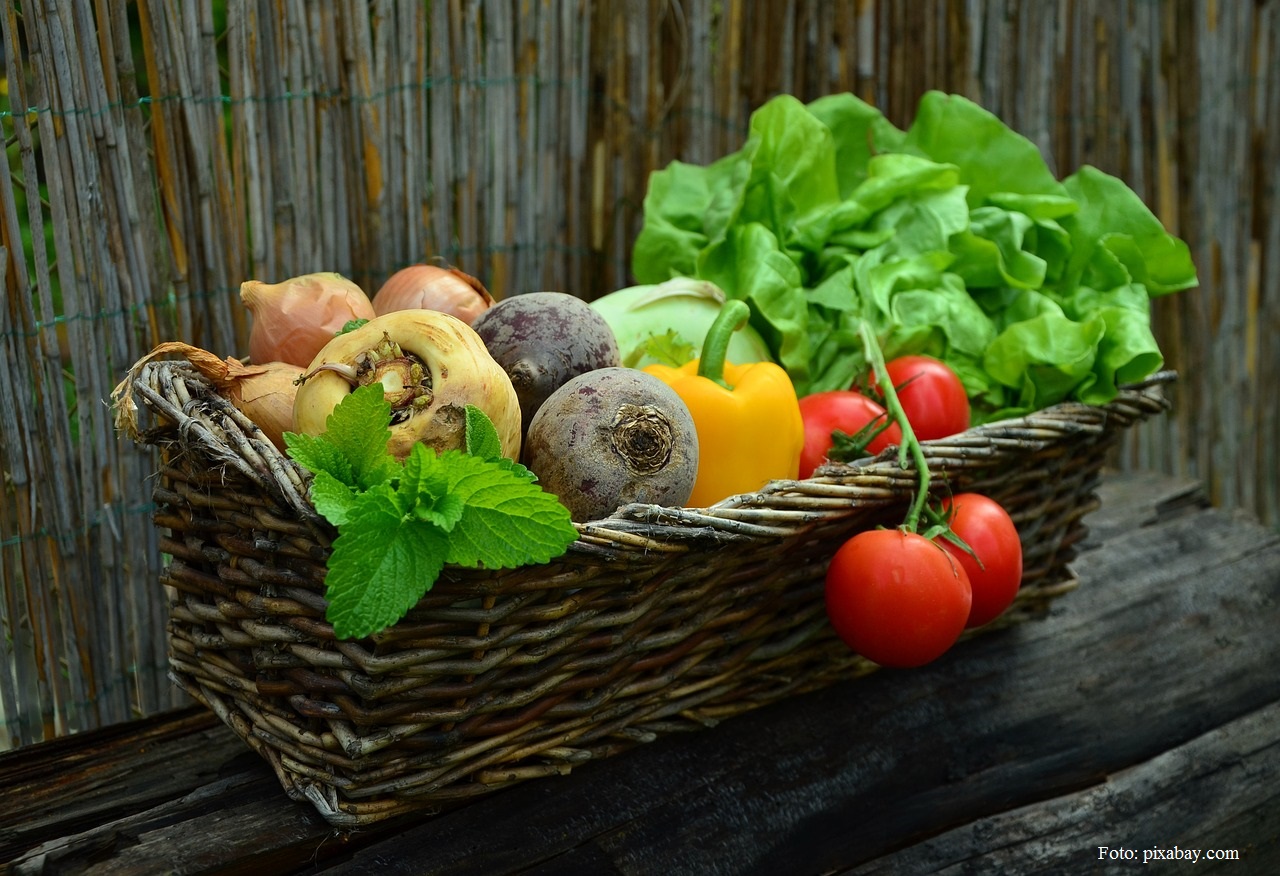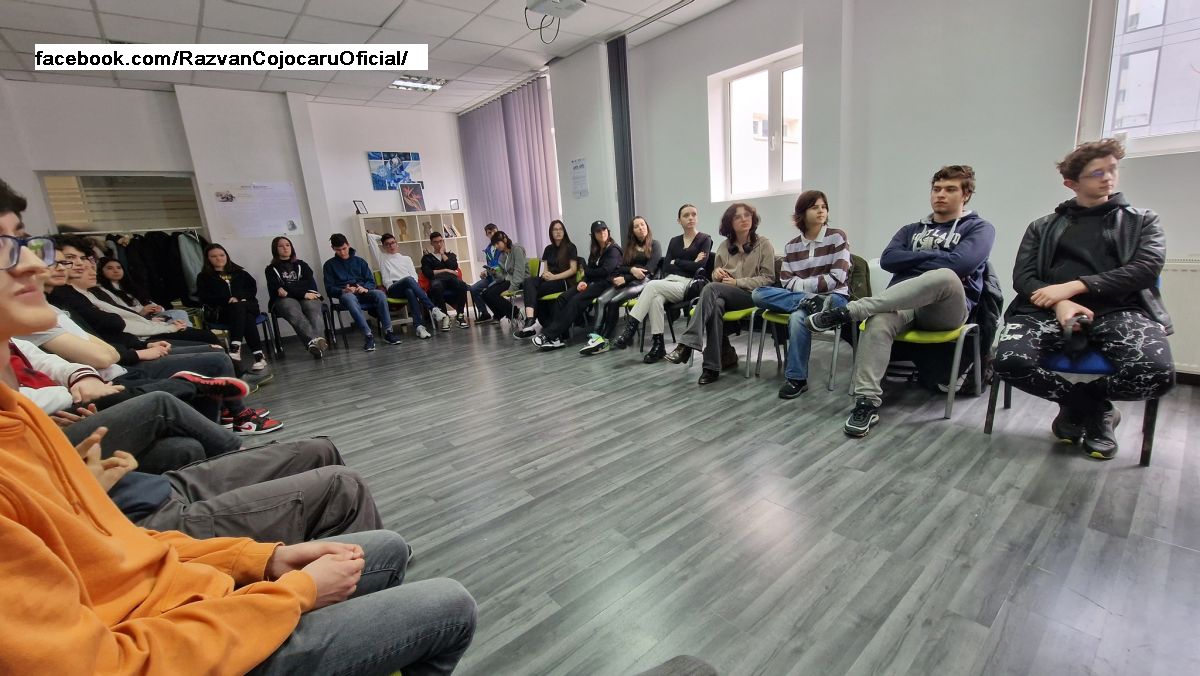The Covid-19 pandemic changes consumer behavior
The crisis caused by the COVID-19 pandemic highlighted four distinct categories of consumer behavior.

Ana-Maria Cononovici, 19.10.2021, 13:32
According to an EY Future Consumer Index study, the crisis caused by the COVID-19 pandemic highlighted four distinct categories of consumer behavior: “Drastically reduce spending”, “Stay calm, carry on”, “Save and stockpile” and “Hibernate and spend ”. Consumers in the “Cut deep” segment (27.3%) spend less in all categories of consumption, because the pandemic has a more severe effect on their professional status. Those in the category “Stay calm, carry on”, (26.2%) did not change their consumption habits. However, most consumers (35.1%) fall into the category “Save and stockpile”, are pessimistic and less confident about the future. Consumers in the “Hibernate and spend” segment (11.4%) spend the most on all product categories.
Asked if the tastes of Romanians have changed during the pandemic, Bogdan Voicu, a sociologist with the Research Institute for Quality of Life, said: “We dont know. Last year, which was a pandemic year just like this one, are special years, when consumption periods differed and there was not a clear pattern. We need to analyze consumption habits over a slightly longer period, with no changes. By changes I mean new lockdowns, restrictions upon entering stores and so on. However, online consumption has apparently increased, meaning that we have more people who order online, people who did not use to buy online before but now they do. That would be the major change. But I would not necessarily blame it on the pandemic, which in my opinion only sped up a process which was already under way, although Romania was a little bit behind other countries in this respect. I wouldnt rush to blame it on the pandemic. “
A famous chocolate maker in Romania had recently launched the idea that chocolate consumption has increased during the pandemic, so I asked Bogdan Voicu for his opinion in this respect: “There are many things that the pandemic gave a boost to. In fact, in general, such major negative events have the role of pushing humanity forward a bit. It does not mean that they are desirable, but they also have such unexpected effects. I also saw the study on chocolate consumption, but I am not sure it reflects the reality, because the reports we saw there were related to the financial volume. If prices go up, and they have, the variation between the past and present revenues should take into account the price increase index. It would be really interesting to see if the quantities sold have changed as well, but I dont see any reporting on that. I think it is too early to say. Chocolate consumption may have increased a bit, but that must be compared to the consumption value before the pandemic. People no longer spent holidays abroad, which has automatically triggered an increase in domestic consumption. People no longer went abroad, so they spent more time indoor and and consumed more at home. “
Judging by social networks, many Romanians began to cook at home. But Bogdan Voicu does not think this change has any chance of becoming a trend: “For a few months, when it was practically impossible for most people to go out, they cooked mostly at home and did not eat at the office as they used to. It remains to be seen whether this new habit will be maintained in the long run. I doubt it. On the contrary, I expect the number of people who eat out more often to increase, because this is the natural trend in the development of the Romanian society. ”
Bogdan Voicu also said: “I do not believe that some habits formed in a couple of months when people could not leave their house will produce changes in major consumption habits. I expect most people to return to previous practices as soon as the pandemic ends. On the other hand, it is something else that is happening and it is important and will change the consumption pattern – namely people, in this case both employers, companies and employees, have discovered that they can work from home, remotely, which decreases the chances of them working from the office again, after the pandemic. It is something that has been discovered for a long time and which the pandemic has accelerated, in the sense of making the work schedule more flexible, which in turn results in the disappearance of the lunch break you spend with office colleagues. That is why I think that restaurants with home delivery will proliferate and will have even more customers than they had before. In fact, this is already happening, as there are many new localities or neighborhoods, where food units were opened during the pandemic. ” (EE)






























